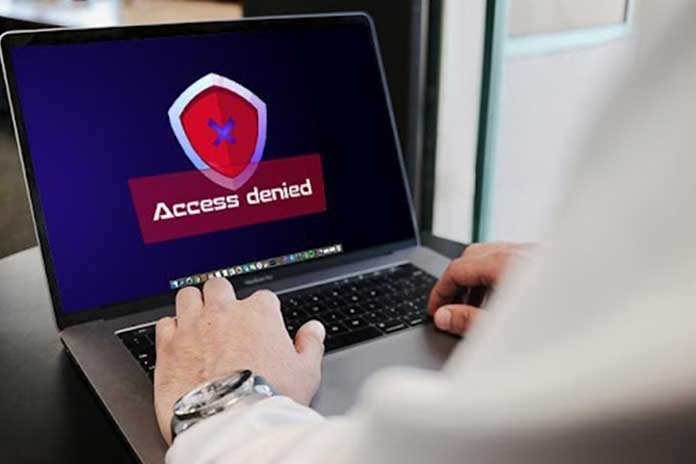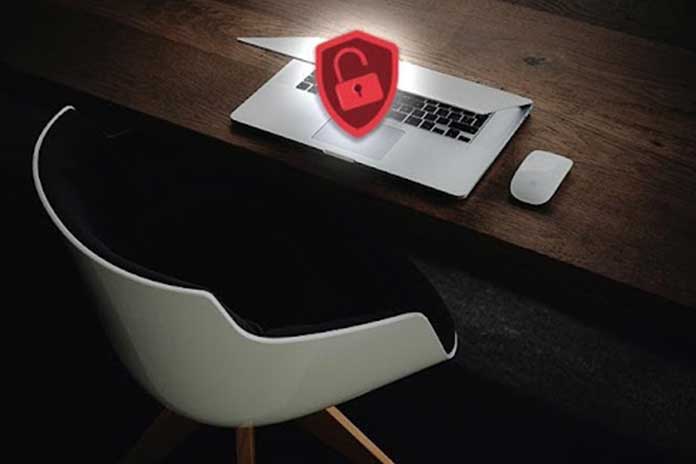Cybersecurity has been important since the day the internet went online. However, its need and importance have only increased with each passing year as cyber hackers have become more creative and more clued up with how to circumvent security and hack into people’s devices.
Unfortunately, the pandemic has only added fuel to the fire, with an alarming increase in the number of cyberattacks during the last two years.
While most attacks may cause little or minor disruption, there are plenty of outcomes where victims lose life-changing sums of money, private data, and information, as well as the toll it takes mentally.
Nevertheless, as unnerving as this all sounds, there is a whole range of common security issues that you can identify and resolve relatively easily. By doing so, you can keep your computer and information safe and prevent yourself from becoming another victim.
Let’s look at the best ways you can stay safe online.
1. The Ransom Attack
Ransomware is a type of malware that will leave you in a difficult situation almost every time. Ransomware can infect your computer in the same ways that malware does, such as by clicking on an infected link, visiting a fraudulent website, or opening a bad message.
The hackers hold your device and/or personal information and files to ransom with ransomware until you pay the demanded amount. This could be a few hundred dollars, and it could be thousands of dollars.
Keeping your antivirus software up to date is a good way for your device to detect and warn about any dodgy sites or links. Further, you should never open files or links from anyone you don’t know. Finally, keep any important files backed up and stored offline to avoid losing anything if you can’t pay or resolve the situation.
2. The Traffic Interceptor
This type of hack occurs when a third party can see all the information you send and receive between your device and your internet connection. These types of hacks are particularly common when you are connected to a public WiFi connection as they are open for anyone to use.
If someone manages to get onto your connection, they have the potential to steal your login information, personal data and look through the private files on your device.
The best way to ensure this doesn’t happen to you, even on a public WiFi connection, is to use a VPN. The most trusted and fastest VPN you can find online will be perfect for any of your devices.
A VPN will encrypt your data and prevent anyone from seeing what you’re doing and what information is being sent or received.
3. The Password Hacker
One of the most common reasons why people’s accounts of any kind are hacked is because their password wasn’t strong enough. Or the same password is used for every account, thus making it easy for someone to access everything from banks to social media.
Your password shouldn’t be straightforward, nor should it be simple to guess or have any information relating to your real life, such as a pet or street name.
Your password should be a mix, preferably random letters and numbers, and be different for each account. Use a trusted password manager to store them, so you don’t have to fret about forgetting your new passwords.
You can also input your email addresses into haveibeenpwned.com. This is a secure and legitimate site that can show you if any of your passwords associated with your email have been hacked.
4. The Trojan Attacker
A Trojan virus is stored within the software that, from the outside, seems legitimate and trustworthy. The virus is usually within a game or app that is available in the online store for anyone to use. Once you download the software, your device is infected by a virus that will look to scan for information such as passwords, bank info, etc.
As with other types of viruses and malware, using high-quality antivirus software can prevent these attacks. As well as being meticulous and careful before downloading software online. If you’re unsure, don’t download it. You can also check online to see if other people have had experience with the game or app before you make a decision.
5. The Phishing Scammer
If you ever receive an email or message from your bank, gym, post office, or anything similar asking for your personal data such as passwords, account numbers, and more, ignore it.
These companies will never ask for sensitive information in messages. Rather it’s a scammer looking to get your information so they can hack your other accounts.
6. The Cryptojacker
Cryptojacking is when malware forces your unprotected device to mine crypto in the background, draining the victim’s resources without them ever knowing. Think of it like your neighbor connecting their home’s electricity to yours without you knowing, and you’re left paying the bill.
Keep all your crypto apps and security software updated, or you could easily fall victim.


Follow Good Practices
By following good cybersecurity practices such as keeping your antivirus software up to date, installing the best and fastest VPN you can find, and ensuring you use string passwords, you can help protect yourself and your personal information.
Cyberattacks are on the rise, but that doesn’t mean you can’t stay one step ahead of the hackers.


